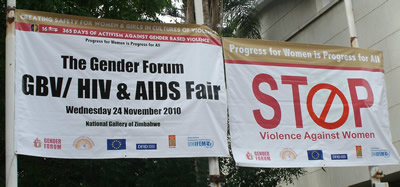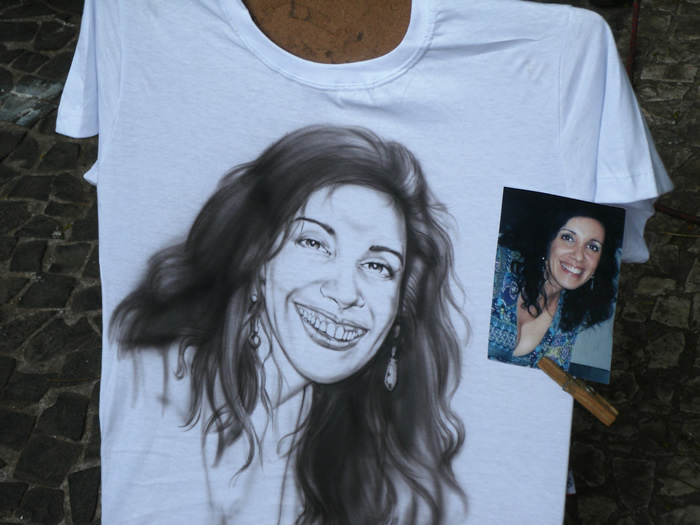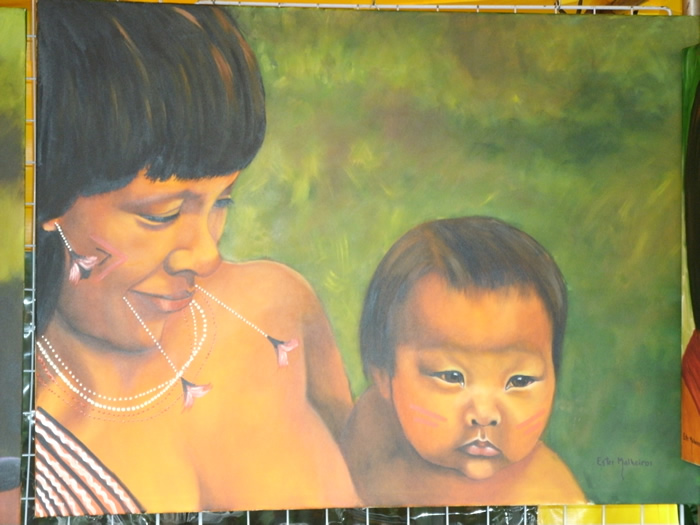Menstruation is shrouded in mystery and myth
Friday, November 26th, 2010 by Upenyu Makoni-MuchemwaThe Gender Forum organised a GBV/HIV & AIDS Fair at the National Gallery as part of their programming for the 16-365 days of activism against gender based violence.
It was happy to stumble upon two very interesting social enterprises.
Integrated Sustainable Livelihoods (ISL) is a trust that works towards the empowerment of women, and tries to address issues that are specific to women. One of their projects addresses the issues surrounding feminine hygiene. Despite this being the information age, and with great advances in medicine, menstruation is still shrouded in mystery and myth, even among women. Societal attitudes towards menstruation have coloured women’s perceptions of their own cycles, and their bodies. Menstruation is seen as something that is shameful and dirty. Given these perceptions, it is not surprising that buying sanitary ware is very low on any list of household priorities, particularly for vulnerable and poor people. Integrated Sustainable Livelihoods conducted a study and found that:
Lack of resources forces young girls to use pieces of cloths, newspapers, cow dung and tissues to try and contain the flowing of blood. During this period they not only experience the characteristic abdominal pains and mood alterations, but also have to be absent from school for fear of odours emanating from newspapers and rags they use to contain their menstrual flow.
More than just pointing out what the problem is, ISL is working in collaboration with the United Nations Development Fund for Women (UNIFEM) and the Ministry Of Women’s Affairs, Gender and Community Development to improve the reproductive health of marginalized women through provision of a safe alternative to disposable sanitary ware.
The reusable pads are made from cotton fabric and come in various colours. ISL teaches women and women’s groups to not only make these for personal use, but for sale as well; they are also working with several NGOs to supply women in prison with this essential product.
Another trust working to create sustainable livelihoods for women is the Zimbabwe Women Rural Development Trust based in Chivhu. They work to teach rural women skills in entrepreneurship, and to promote knowledge of primary healthcare, reduce infant mortality and increase access to education. While they are currently looking for funding, they also assist women in establishing projects in agriculture, mining and arts and curios.













